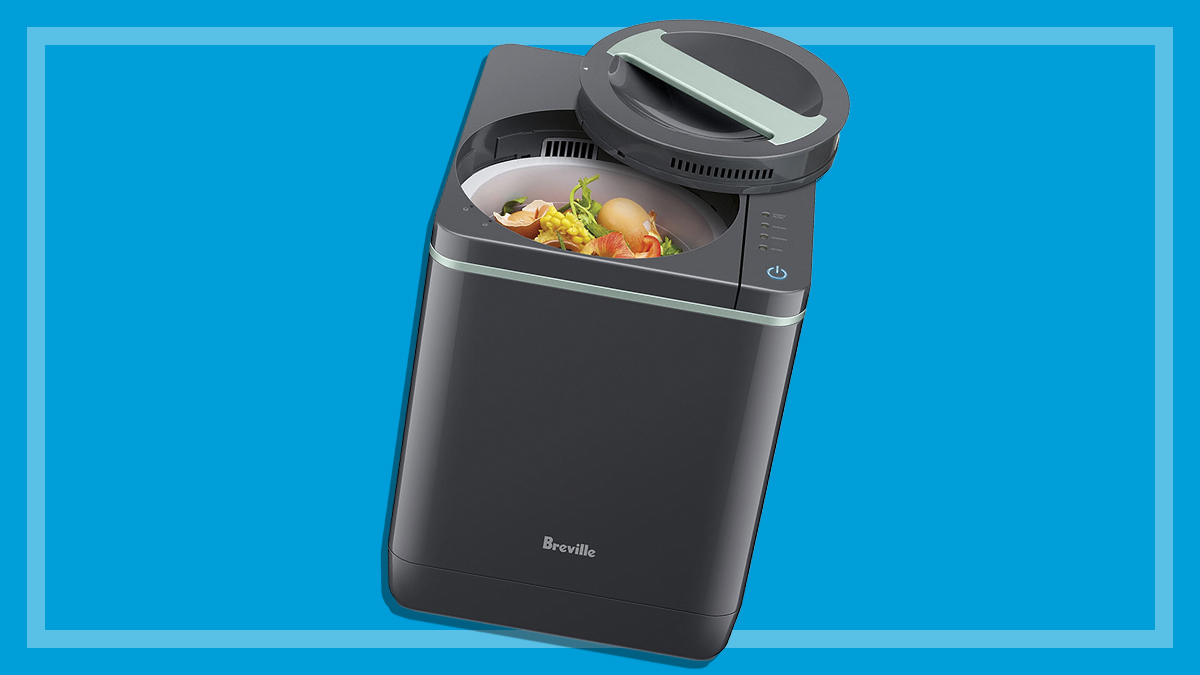Australians are more and more conscious of their environmental impact, and iconic Australian brand Breville is clearly trying to cash in on that sentiment with this unnecessary product.
Marketed as a way to slash your household food waste by more than 80%, the FoodCycler dries, grinds and cools your leftovers – turning them into odourless, nutrient-rich ‘eco chips’. (And no, you shouldn’t eat them.)
You can then use them in your garden or send them to landfill to decompose.
So what’s wrong with that?
Well, for a start, it’s expensive. The FoodCycler itself costs $499, then there are the energy costs (about $86 a year), plus the cost of replacing the filters and other parts ($223 a year). Over a five-year period, the FoodCycler would set you back about $2000.
But CHOICE home economist Fiona Mair suggests a much cheaper way to break down your food waste:
“Just use a plastic container with a lid, commonly known as a ‘compost bin’. Starting at about $45, it’ll save you $2000 over five years compared with the FoodCycler.”
Don’t have a garden to put the compost in? How about a worm farm or a bokashi bucket? Both cost much less and will give you the same result in the end.
Then there’s the matter of how much energy and materials it takes to manufacture the FoodCycler; how much energy it uses during its eight-hour waste-to-chips cycle (which processes only a small amount of waste anyway); plus the filters you need to replace and dispose of… the list goes on.
Eventually, the unit itself will end up on the scrap heap. Wouldn’t it have been better for the planet simply not to make the FoodCycler in the first place?
All of which raises the question of why Breville thought this product a good idea. At $499 a unit, perhaps the answer is obvious.

